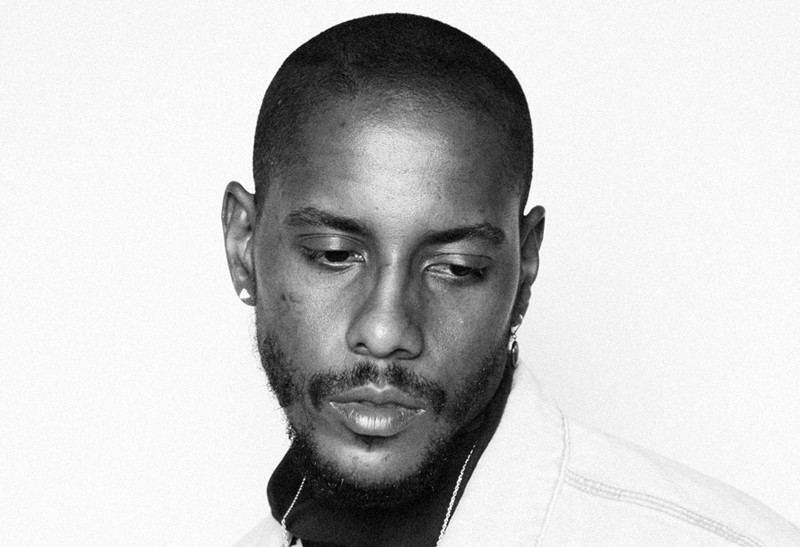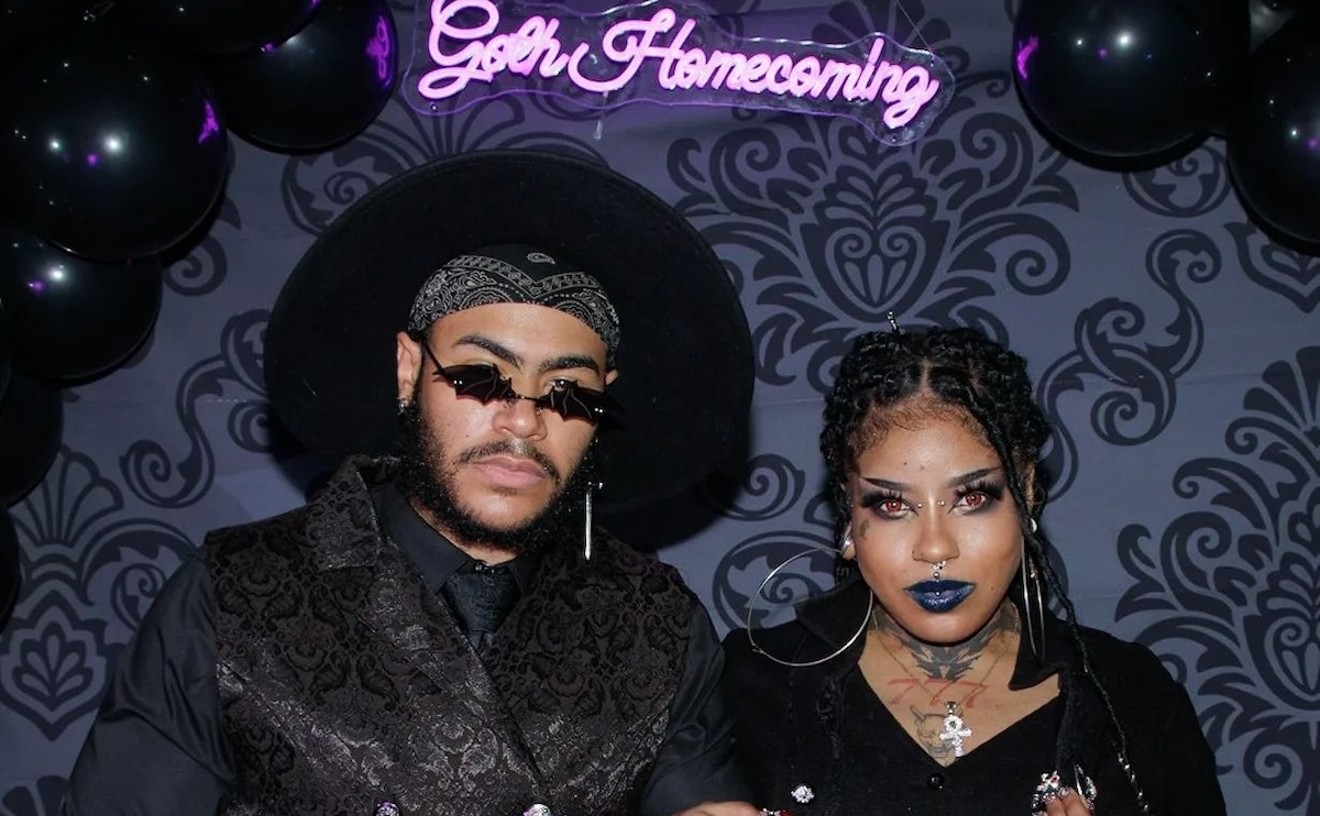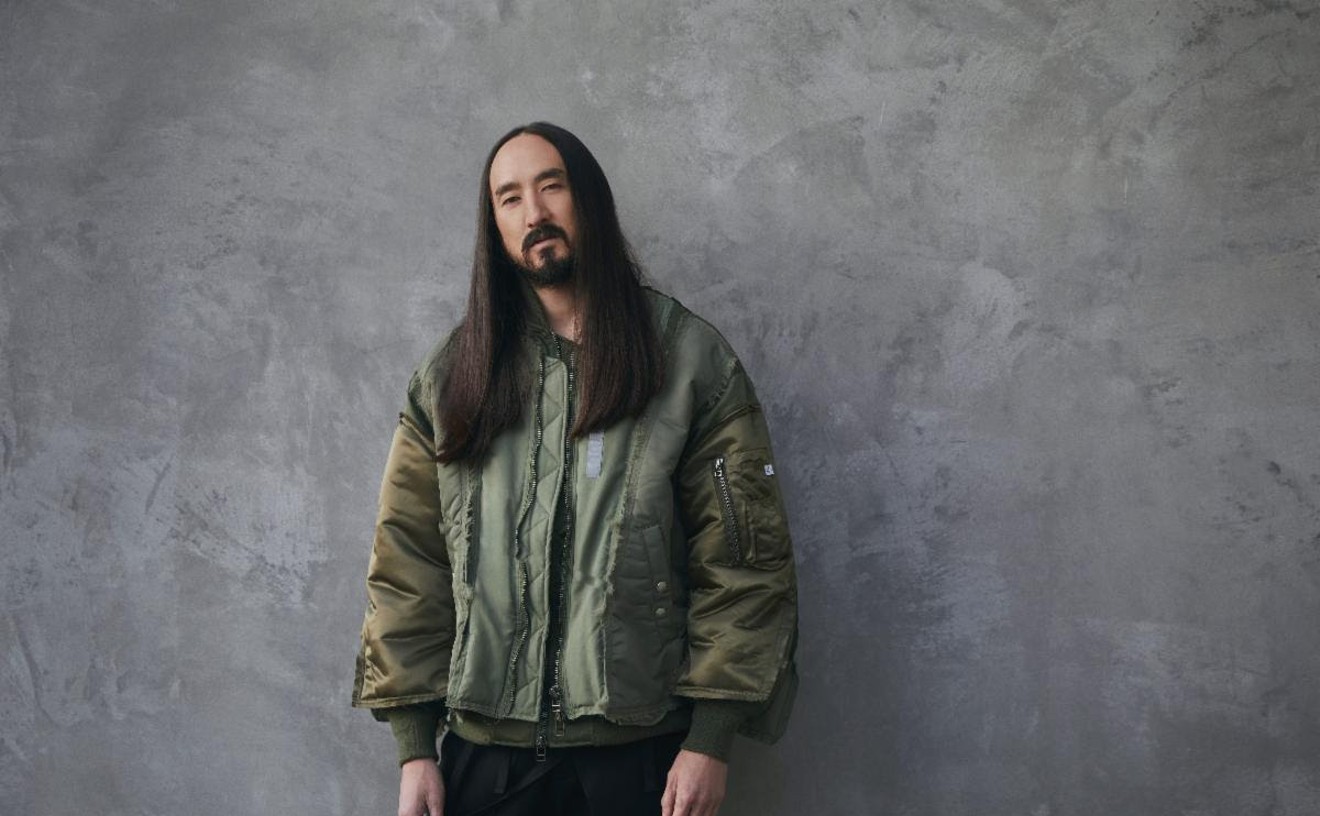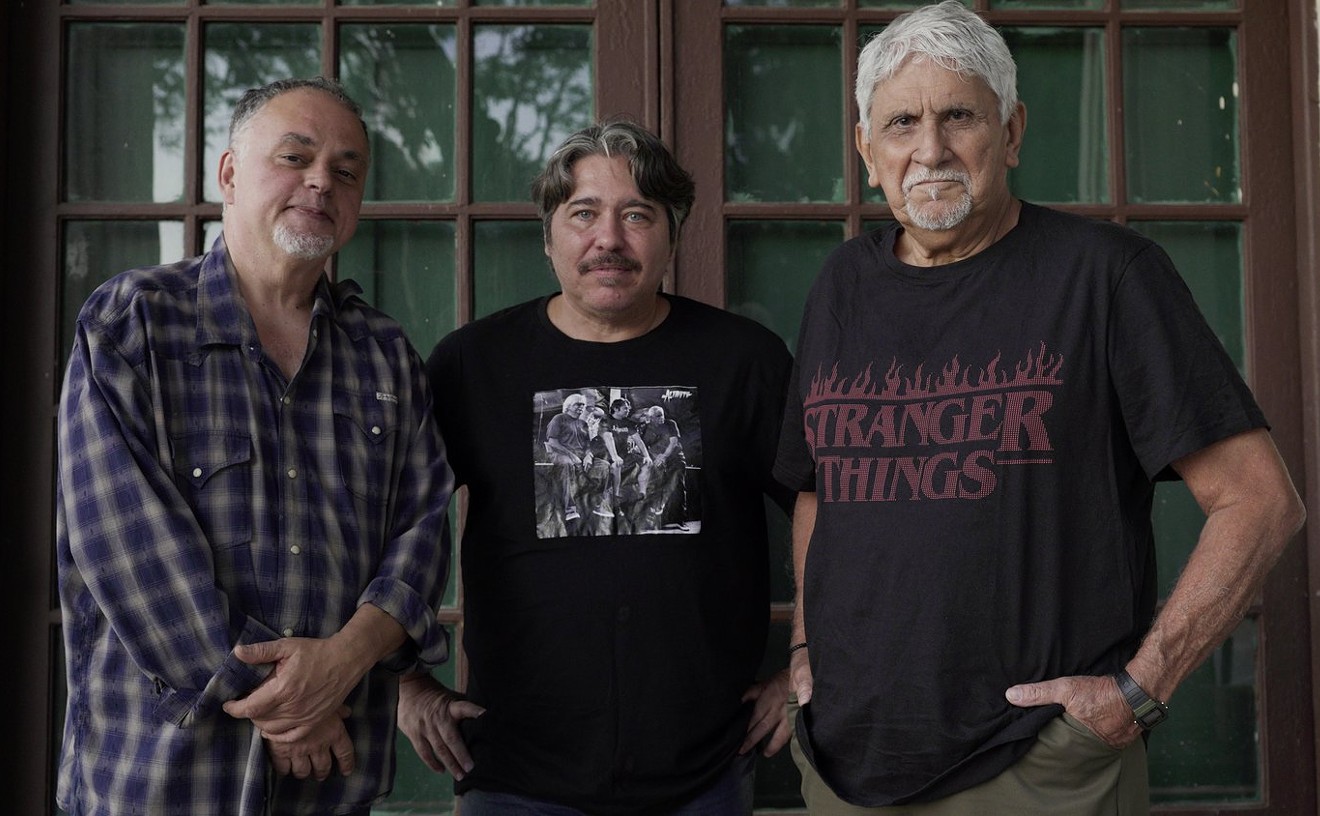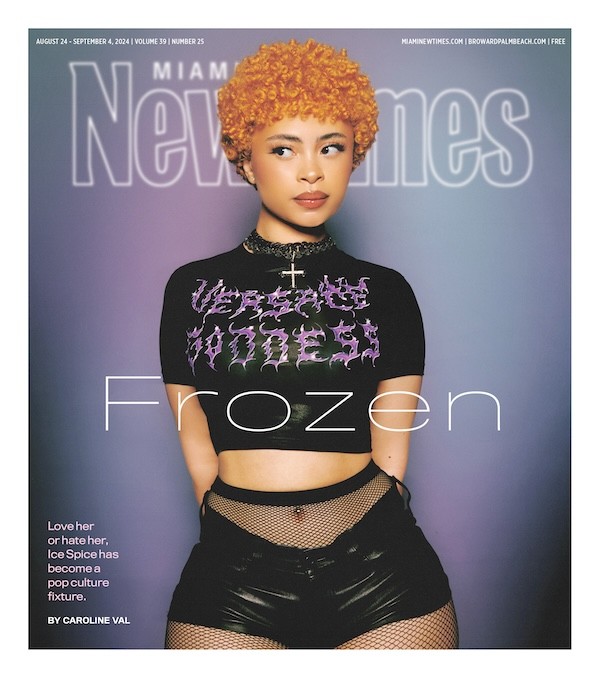Born in Arkansas, he caught the music bug during his formative years growing up in North Carolina. But even as a burgeoning artist, he was looking for a way out of the slow life of the South. “North Carolina didn’t have enough going on for me at the time,” Clark says.
He set his sights on the shores of Miami, where he’s lived since 2006. And though he’s become one of the Magic City’s most buzzing artists and best songwriters, the R&B sensation remembers the time when, like a moonstruck teenager, he romanticized the city. “I just remember being younger and coming here wide-eyed and wanting to have fun all the time and stay young and party and do all that shit,” Clark says. “Then, at some point, it becomes home. Life happened. Drama, love, lost love, pain, late nights. All those things, they catch up.”
He's bottled all of those life lessons, broken hearts, and hungover mornings for Where Neon Goes to Die, his latest album, out this week on Secretly Canadian. His second full-length project, Neon is centered on Miami and its deep-burning influences on him. The album title is a reference to the famous quote from the late comedy legend Lenny Bruce: “Miami Beach is where neon goes to die.”
Rather than pen a love letter to Miami from a distance, Clark makes the city the album's central backdrop. (The official music video for the album track “Feel This Way” features scenes shot in Coral Gables, downtown Miami, Morningside, and other local neighborhoods.) Neon explores his complex relationship with a 24-hour city where vice and temptations loom on every corner.
“That’s basically the concept behind the album: fantasy versus reality,” Clark says. “All the songs have like this bright, upbeat production. But if you listen a little deeper, there’s a little bit of pain in there and some sadness throughout the album, even on top of these brighter tracks. That represents my time here:
He captures that balance of darkness and light on “Evil Woman,” a slow-burning R&B confession with a passionate beat that almost masks the song’s twisted lyrics: "'Cuz I can see you/You know I’ve been reading
To create the album’s darker moods, Clark teamed up with an unusual partner: Alexander Ridha, the German techno and house producer known on dance floors around the world as Boys Noize. The two met backstage at one of the producer’s Miami gigs in 2016 and immediately hit it off once they began talking about music. After Clark sent him a few of the early demos that would eventually become the songs on Neon, Ridha ditched his robotic-sounding electronic noise and adopted the sultry sounds of R&B in his Berlin studio, where the two recorded the album in full.
Clark and Ridha found a surprisingly natural connection in the music.
“When he heard the first couple of demos I sent him, it was just a way for him to expand himself more,” Clark says. “I don’t know that he’s really made anything like this before. I think for both of us, we weren’t really sure what was going to happen. But just based on the references, the demos, the ideas we were sending to each other back and forth, we had this musical trust.”
Elsewhere on Neon, Clark enlists Carol City rap sensation Denzel Curry on the vengeful “Did I Hurt U.” The two previously collaborated on “Like Me” — off Curry’s 2013 debut album, Nostalgic 64 — which Clark sang on, co-wrote, and
“I feel like Miami is a tough place because it’s a nightlife city,” Clark says. “It’s more like a club atmosphere. But with that being said, if you know how to use the internet to your advantage, that’s the best way to get discovered here. In a way, yes, there is this online Miami [and] Florida community. Here, using SoundCloud and the internet to be heard, it works, even for a place like Florida where it might be a little bit hard at times. But there is a movement [here].”
While Neon continues the emotionally raw pop and darker R&B sounds of Clark’s 2011 standout debut EP, Stripes, the new album is his most personal project to date. Neon opens with “Maria, Under the Moon,” a song written by his musician uncle who was murdered almost two months ago, which also features Clark’s younger brother Miguel on guitar. The original song has remained in the family throughout the years; his uncle would perform it during family visits when he dropped by from Atlanta. In a somewhat premonitory move, Clark and his uncle reworked and recorded the song prior to his death. The version of “Maria, Under the Moon” heard on Neon now serves as Clark’s tribute to his fallen uncle.
“He’s supposed to be experiencing this,” Clark says. “This was for him too. [The song] was always [a way] for me to pay homage to him. Now that he’s gone, it’s the only gift that I could give to him.”
Even though Where Neon Goes to Die is told explicitly through Clark’s personal experiences in Miami, he believes the album and his music are universal. The way he sees it, his perspective is one that anyone living in a sinful city like Miami knows well.
“This [city] is a playground,” Clark says, “and at night, there are so many things that happen here. It’s just a part of life here. Everyone you talk to, there's a connection. If you live here, you all kind of
Steven A. Clark. With DJ sets by DZA and Silent Addy. 9 p.m. Thursday, September 6, at 1306, 1306 N. Miami Ave., Miami; 305-377-2277; 1306miami.com. Tickets cost $10 via ticketfly.com.

